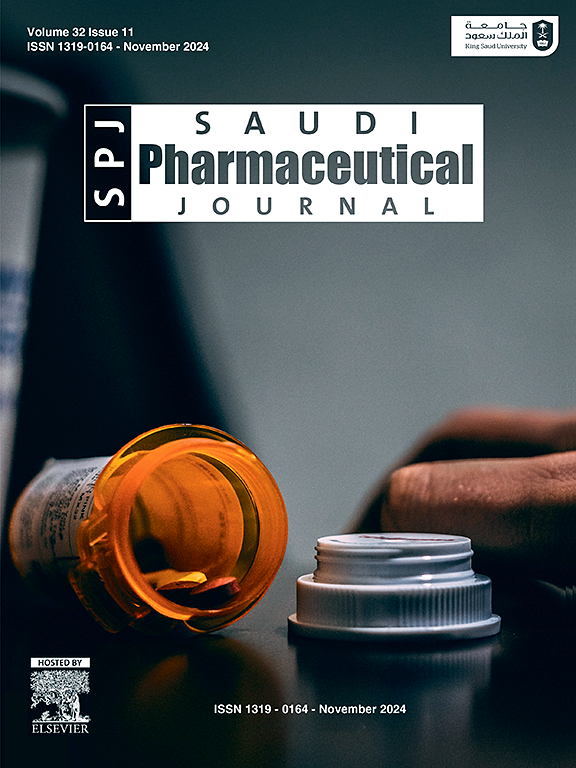Impacts of Anabolic-androgenic steroid supplementation on female health and offspring: Mechanisms, side effects, and medical perspectives
IF 3.4
3区 医学
Q2 PHARMACOLOGY & PHARMACY
引用次数: 0
Abstract
The increasing prevalence of Anabolic–androgenic steroids (AAS) among women, driven by the pursuit of improved body aesthetics, characterized by higher lean mass and reduced adipose tissue, raises significant health concerns, particularly due to the limited knowledge regarding their effects on the female organism. Prolonged use and/or high doses of AAS are linked to various harmful side effects, including mood changes, psychiatric disorders, voice deepening, clitoromegaly, menstrual irregularities, and cardiovascular complications, prompting medical societies to discourage their widespread use due to insufficient evidence supporting their safety and efficacy. Studies in female rodents have shown that AAS can lead to increased aggression, inflammation, reduced neuronal density, and negative impacts on the myocardium and blood vessels. Additionally, maternal administration of androgens during pregnancy can adversely affect offspring’s reproductive, neuronal, and metabolic health, resulting in long-term impairments. The complexity of the mechanisms underlying AAS effects, and their potential genotoxicity remains poorly understood. This review aims to elucidate the various ways in which AAS can impact female physiology and that of their offspring, highlight commonly used anabolic substances, and discuss the positions of medical societies regarding AAS use.
合成代谢雄性类固醇补充剂对女性健康和后代的影响:机制、副作用和医学视角
女性越来越普遍地使用合成代谢雄性类固醇(AAS),这是由于她们追求以增加瘦体重和减少脂肪组织为特征的身体美感,这引起了人们对健康的极大关注,特别是由于人们对其对女性机体的影响了解有限。长期使用和(或)高剂量的 AAS 与各种有害的副作用有关,包括情绪变化、精神失常、声音加深、阴蒂肥大、月经不调和心血管并发症,由于没有足够的证据支持其安全性和有效性,医学协会不鼓励广泛使用。对雌性啮齿动物的研究表明,AAS 可导致攻击性增强、炎症、神经元密度降低以及对心肌和血管的负面影响。此外,母体在怀孕期间服用雄激素会对后代的生殖、神经元和新陈代谢健康产生不利影响,导致长期损害。人们对 AAS 作用机制的复杂性及其潜在的基因毒性仍然知之甚少。本综述旨在阐明 AAS 影响女性及其后代生理机能的各种方式,重点介绍常用的同化物质,并讨论医学会对使用 AAS 的立场。
本文章由计算机程序翻译,如有差异,请以英文原文为准。
求助全文
约1分钟内获得全文
求助全文
来源期刊

Saudi Pharmaceutical Journal
PHARMACOLOGY & PHARMACY-
CiteScore
6.10
自引率
2.40%
发文量
194
审稿时长
67 days
期刊介绍:
The Saudi Pharmaceutical Journal (SPJ) is the official journal of the Saudi Pharmaceutical Society (SPS) publishing high quality clinically oriented submissions which encompass the various disciplines of pharmaceutical sciences and related subjects. SPJ publishes 8 issues per year by the Saudi Pharmaceutical Society, with the cooperation of the College of Pharmacy, King Saud University.
 求助内容:
求助内容: 应助结果提醒方式:
应助结果提醒方式:


